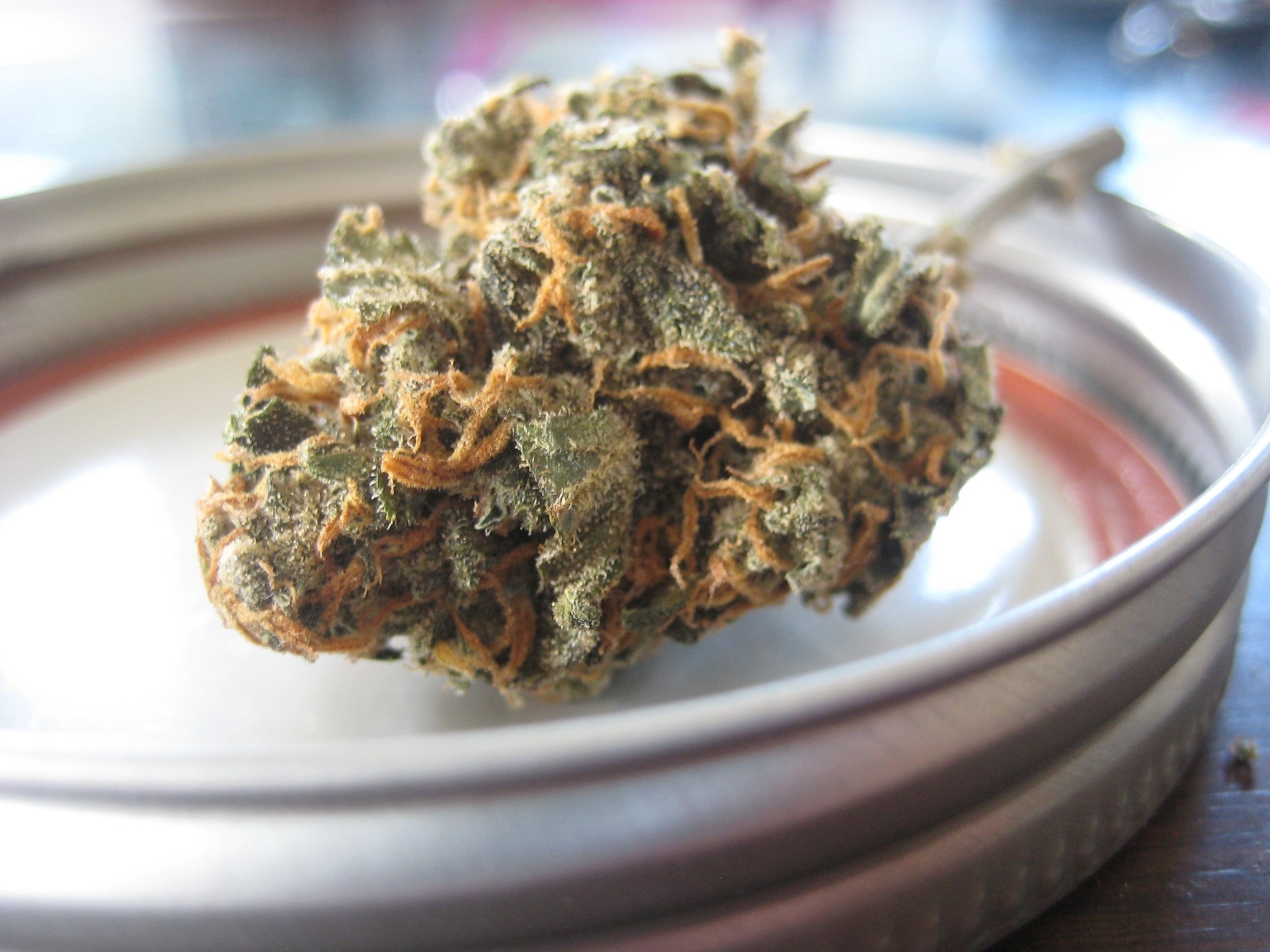weed
They cost about $11 and contain 60mg of THC, the main psychoactive component of marijuana, and 10mg of CBD.
Canada’s recreational marijuana industry might not be poised to meet demand in the first year of legal sales, according to some experts.
A new study investigates if pot smokers outperformed nonsmokers in creativity.
A Midwestern university has created a first-of-its-kind program in medicinal plant chemistry that focuses on marijuana.
Personifying certain drugs as evil while calling opioid users “victims” points a glaring spotlight on drug policies that aren’t really about public health.
A new report shows the marijuana industry is poised to have a major economic impact.
Trump’s impending presidency has left marijuana advocates with fingers crossed on one hand, with the other ready to flush the toilet at a moment’s notice.
An America where marijuana is legal could be right around the corner. It’s a cross-generational cause that is finally starting to have its day on the ballot.
An expansive new study shows that marijuana use by Americans has increased significantly since 2002.








